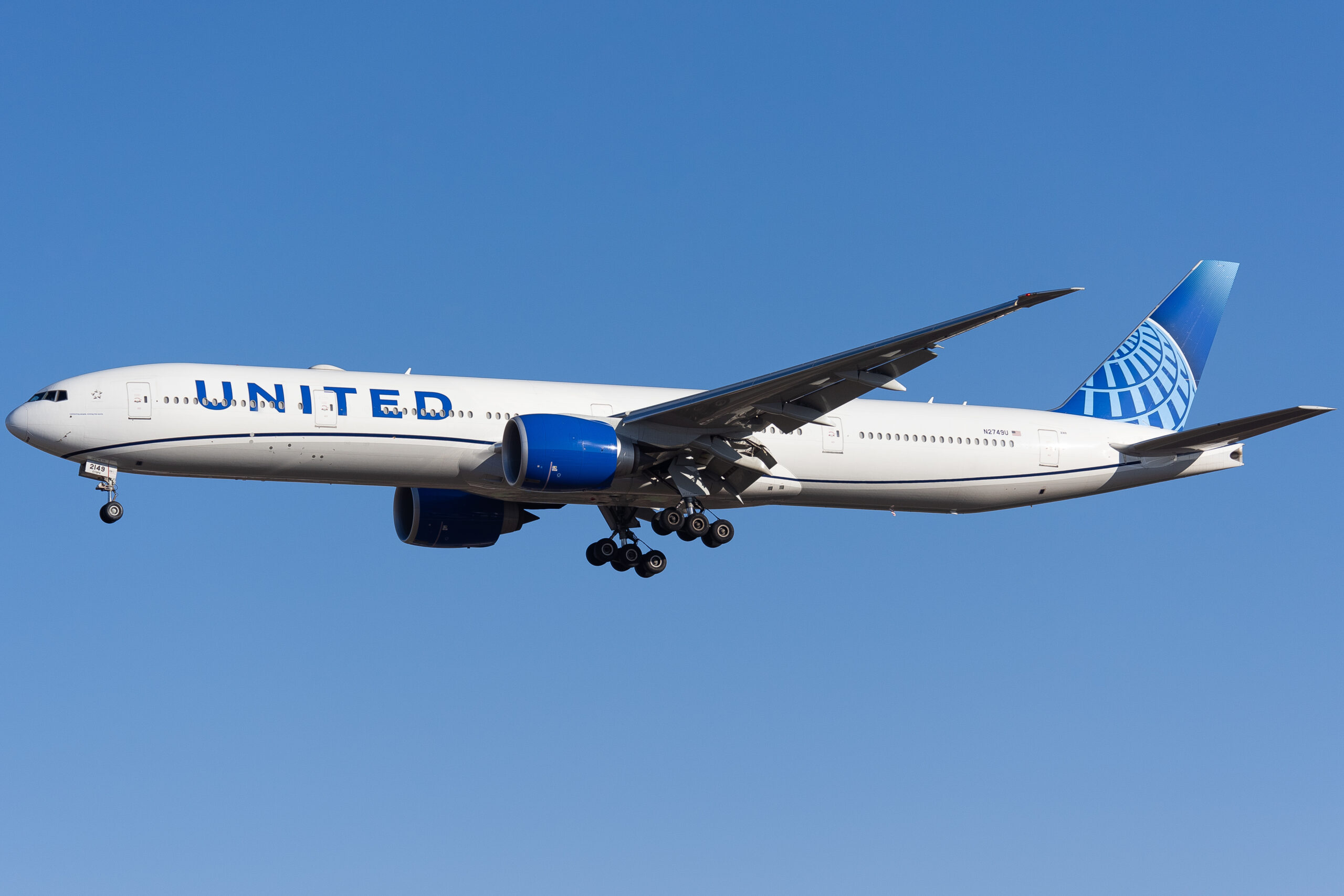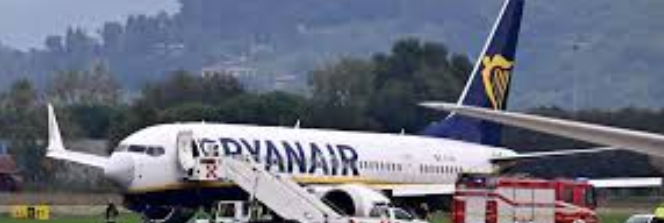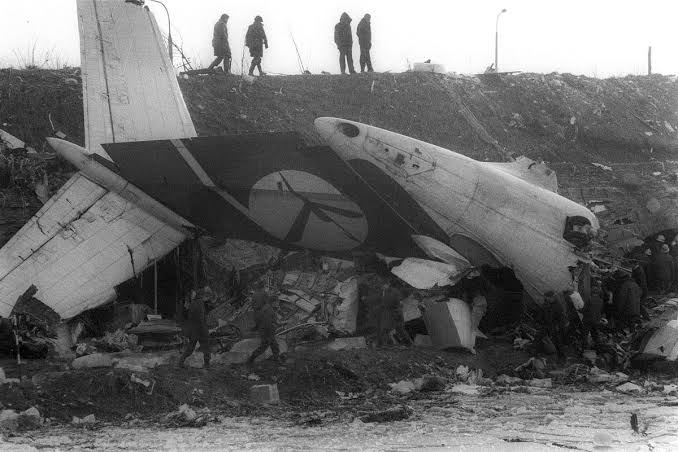United Airlines Cancels Flights Nationwide Due to Major Technical Outage
On July 19, 2024, United Airlines faced a significant operational disruption, leading to the cancellation of numerous flights nationwide. This incident was part of a broader global technical outage that affected multiple airlines and industries, causing widespread travel chaos and highlighting vulnerabilities in critical infrastructure.
The Onset of the Outage
In the mid-morning of July 19, major U.S. carriers, including United Airlines, Delta Air Lines, and American Airlines, implemented ground stops. This decision halted all departing flights but allowed those already airborne to continue to their destinations. By approximately 10:30 a.m. Eastern Time, reports indicated that around 1,500 flights had been canceled across the United States due to the outage.
Scope and Impact
The technical issues were not confined to the United States. Airlines worldwide experienced disruptions, leading to delays and cancellations. In the U.S., more than 2,200 flights were canceled, and nearly 7,000 were delayed as of 1:23 p.m. Eastern Time on that Friday. Delta and United Airlines began resuming some flights but anticipated additional delays and cancellations. Both airlines issued travel waivers to accommodate affected passengers.
Root Cause Analysis
The widespread disruptions were traced back to a global computer outage linked to a CrowdStrike-related IT issue. This outage impacted various systems, including those used for calculating aircraft weight, checking in customers, and managing call center operations. The failure of these critical systems underscored the aviation industry’s reliance on technology and the cascading effects when such systems malfunction.
Passenger Experiences
Travelers across the globe faced significant challenges due to the outage. Airports were crowded with stranded passengers, many of whom had to endure long waits with limited information. The sudden cancellations and delays led to confusion, with passengers scrambling to find alternative travel arrangements. The situation was exacerbated by the lack of timely communication from airlines, leaving many uncertain about their travel plans.
Airline Responses
In response to the crisis, airlines worked diligently to restore operations. United Airlines, along with other carriers, issued travel waivers, allowing passengers to rebook flights without additional fees. Airlines also mobilized customer service teams to assist affected travelers, though the sheer volume of disruptions made immediate assistance challenging. The incident prompted airlines to review their contingency plans and assess the resilience of their IT infrastructures.
Regulatory and Industry Reactions
The outage drew attention from regulatory bodies and industry stakeholders. The U.S. Department of Transportation received numerous complaints from passengers regarding the handling of the situation. There were calls for a comprehensive review of the aviation industry’s technological dependencies and the development of more robust safeguards to prevent similar incidents in the future. The event highlighted the need for coordinated efforts between airlines, technology providers, and regulators to enhance the resilience of critical systems.
Lessons Learned
The July 19 outage served as a stark reminder of the vulnerabilities inherent in modern aviation operations. It underscored the importance of:
Robust IT Systems: Ensuring that critical systems have redundancies and fail-safes to prevent widespread disruptions.
Crisis Communication: Maintaining clear and effective communication channels with passengers during emergencies to manage expectations and provide guidance.
Collaborative Preparedness: Fostering collaboration between airlines, technology providers, and regulatory bodies to develop comprehensive contingency plans.
Conclusion
The nationwide flight cancellations experienced by United Airlines on July 19, 2024, were part of a larger global technical failure that disrupted air travel and other sectors. This incident highlighted the critical importance of technological resilience, effective crisis management, and the need for continuous improvement in handling unforeseen challenges within the aviation industry.






